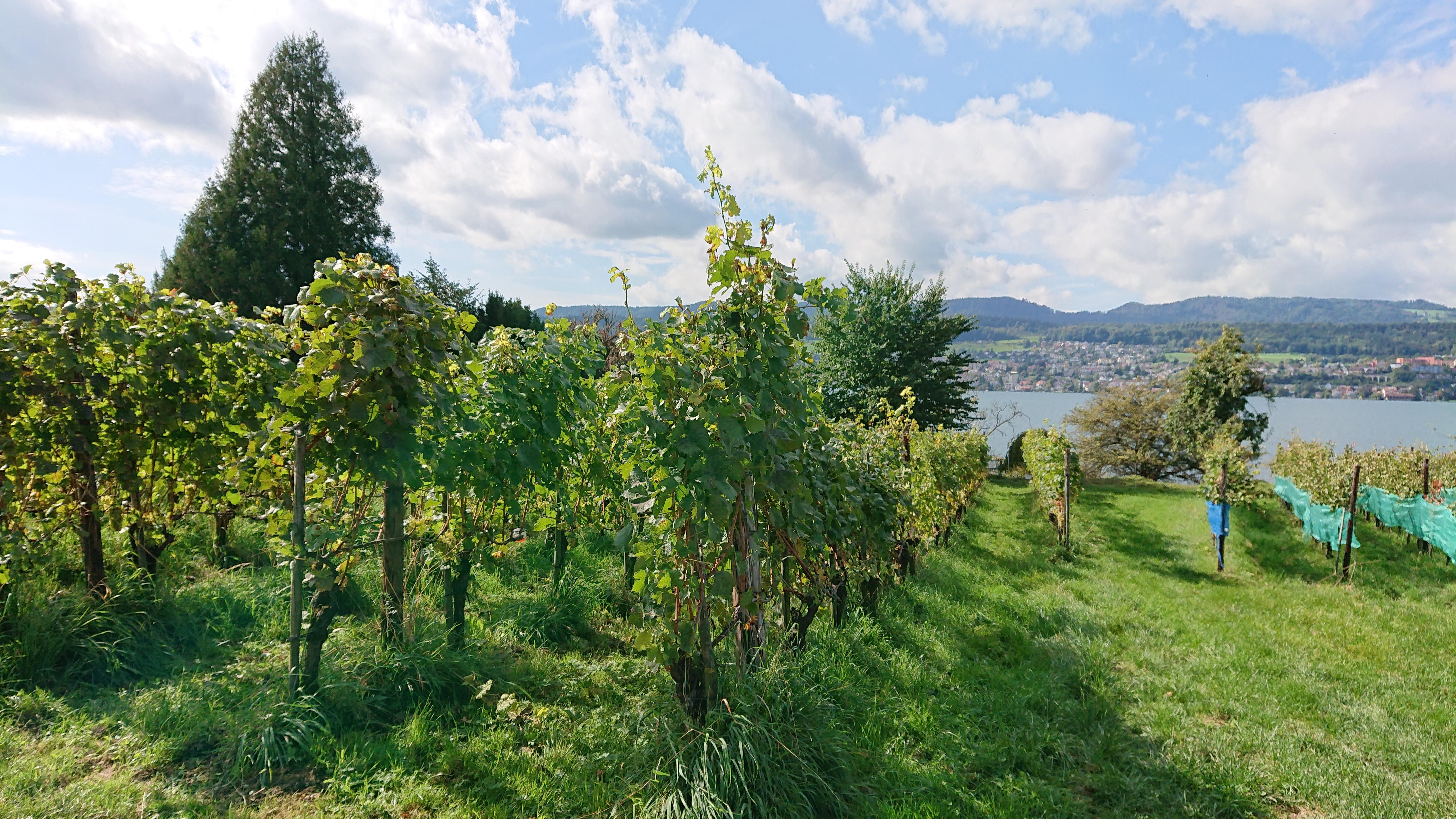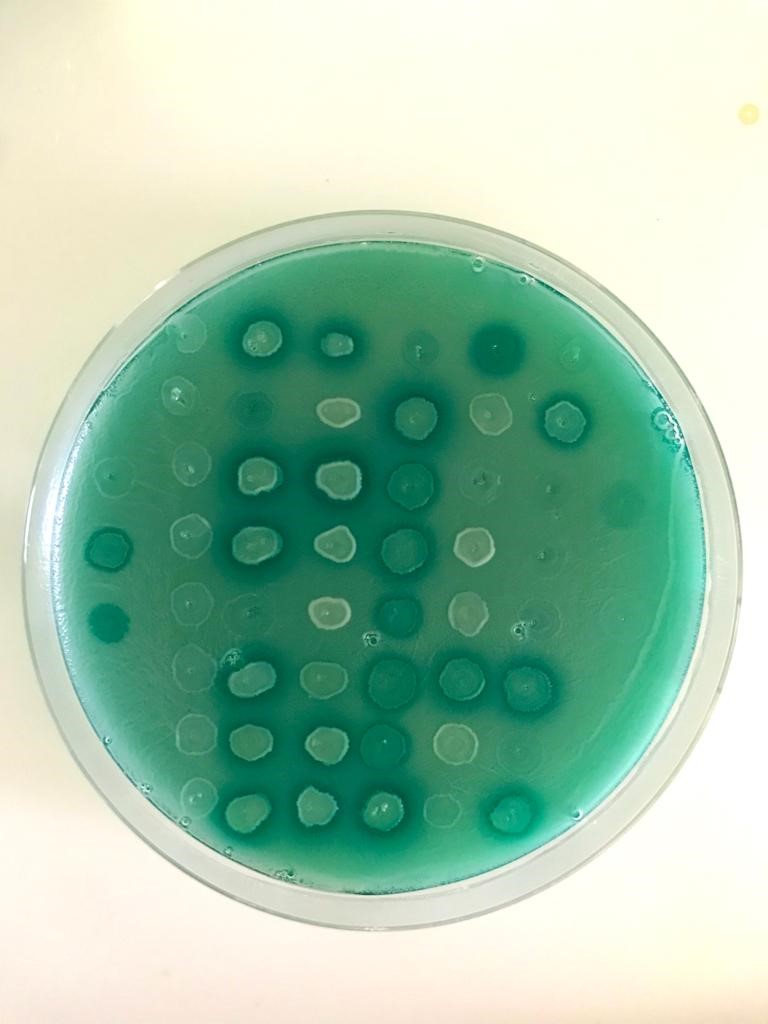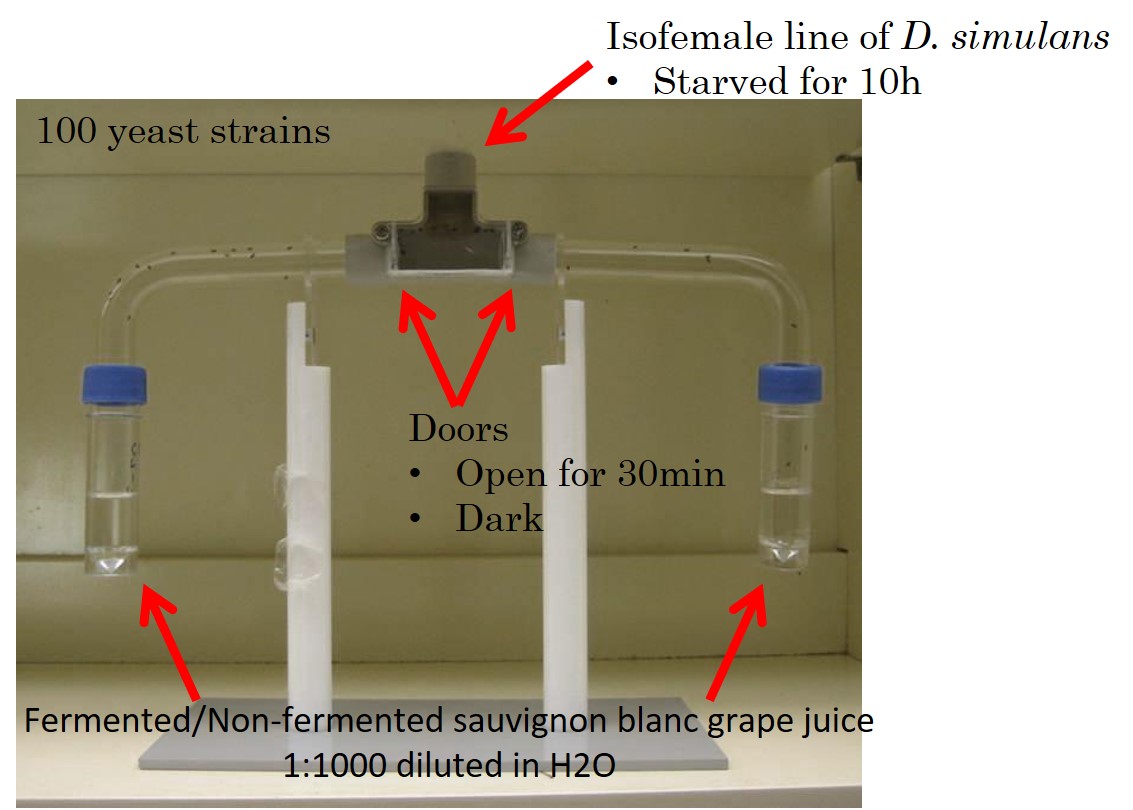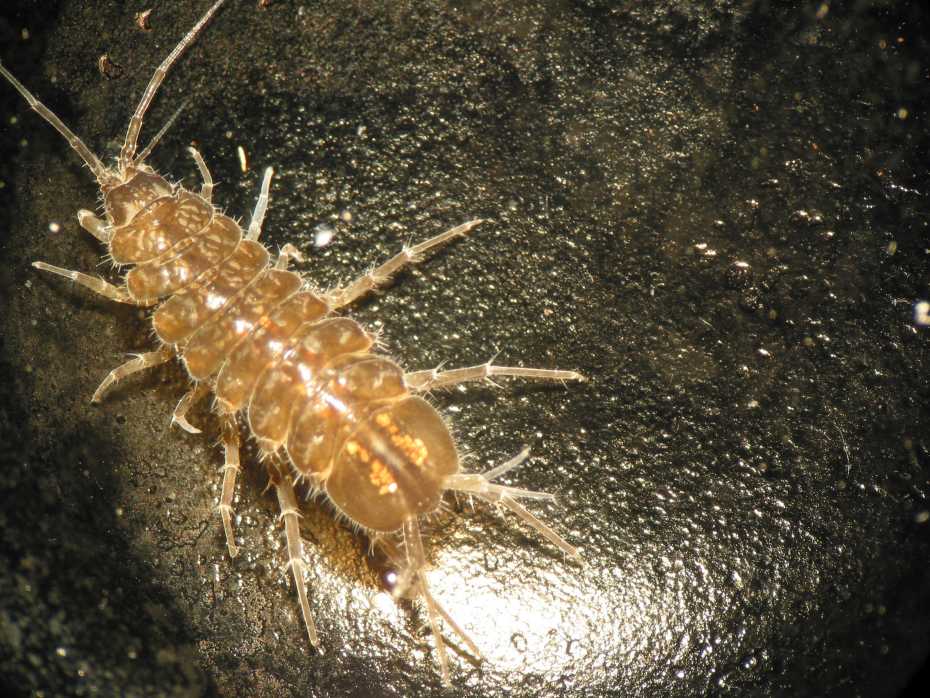Research
My research focuses on species coevolution in variable ecological habitats. Specifically, I investigate how environmental conditions (and ecosystem engineering) affect coevolution, and the rate and costs of adapting to environmental change.
Current Projects
Chasing the killer yeasts and their dsRNA viruses in the wild
 |
|
 |
Collaborators: Paul Rowley, Sarah Knight, Oliver Martin, Jukka Jokela
DIY – Ecosystem engineering as a general mechanism driving coevolution
 |
Using Drosophila sp. and Saccharomyces cerevisiae as model organism, we investigate general mechanisms driving the evolution of mutualism. We propose that this niche construction may be a general mechanism driving the evolution of mutualisms. |
Collaborators: Mat Goddard, Richard Newcomb, Anne Gaskett
Microbiome of Asellus aquaticus
 |
Host-microbiome interactions represent a crucial factor in shaping the ecology and evolution of the arthropods. Especially for detritivorous isopods, microbial symbionts help them to overcome the challenges posted by low-nutrient detritus diet by providing essential d igestive enzymes. Here, we examining the role of microbiome in facilitating detritivorous diet and its interactions with host health. |
Collaborators: Hanna Hartikainen, Jukka Jokela, Katja Räsänen, Christoph Vorburger